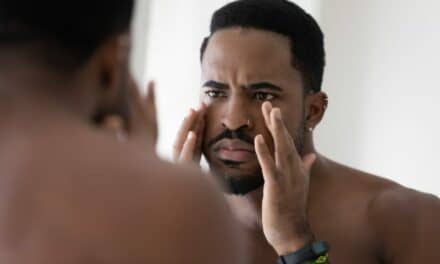Does the use of Botox not only change a person’s physical appearance but also his or her ability to experience emotions? Sometimes, according to new research published by professors of psychology from Barnard College at Columbia University in New York.
In the June issue of Emotion, researchers Joshua Davis, Ann Senghas, Fredric Brandt, and Kevin N. Ochsner tested the theory that feedback from facial expressions influence emotional experience — the facial feedback hypothesis (FFH) — by comparing the impact on self-reported emotional experience of Botox injections and a control, an injetion of the filler Restylane (which, unlike Botox, does not affect facial muscles).
According to the research results, "When examined alone, Botox participants showed no pre- to post-treatment changes in emotional responses to our most positive and negative video clips. Between-groups comparisons, however, showed that relative to controls, Botox participants exhibited an overall significant decrease in the strength of emotional experience. This result was attributable to (a) a pre- versus post-decrease in responses to mildly positive clips in the Botox group and (b) an unexpected increase in responses to negative clips in the Restylane control group.
"These data suggest that feedback from facial expressions is not necessary for emotional experience," the report continues, "but may influence emotional experience in some circumstances. These findings point to specific directions for future work clarifying the expression-experience relationship.
More.
[Source: PsycNET]




